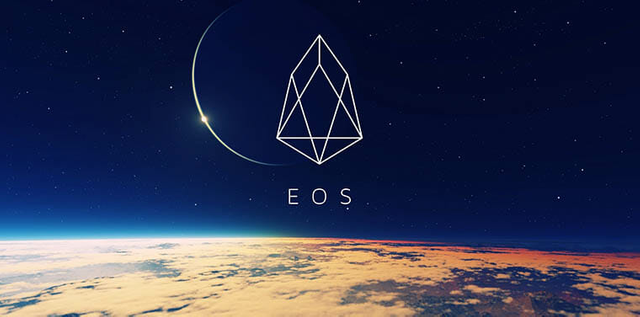
Source
The 'blockchain' protocol EOS recently underwent a benchmarking test to assess its capabilities and independently validate its performance claims. The results are very surprising, EOS is not a blockchain.
Reporting from Chepicap.com, the EOS benchmark test was conducted by an independent blockchain testing company WhiteBlock at the request of a group of companies that use the Bounties Network - a platform that allows the group to organize and fund projects in the interest of society. This special project was led by Brent Xu, leader of the Consensys project. Reveal the site prnewswire.com
WhiteBlock provides services validating claims made by blockchain companies - which may be overinflated or outright fabrications.
In carrying out testing, Whiteblock first has the task of replicating the EOS protocol, and performing stress testing in conditions normally found in the production environment.
The report on the results of the press test was not only surprising but also a little worrying for the EOS protocol. First and perhaps the most burdensome is the statement that EOS is deemed not in accordance with the characteristics of the blockchain.
It was written in the report that "the EOS is not a blockchain, but a homogeneous distributed database management system, with clear differences that their transactions are not cryptographically validated."
The results of the test report state that EOS is "very centralized" or not decentralized. Block Producers (block generator in blockchain technology) EOS is very centralized and users can only access networks using intermediary block generators. Block-producing failure is one point that makes the whole blockchain system fail.
EOS network speed test results also show on the chopping block (dropped dramatically) or are very different from the claims of the EOS whitepaper of millions of transactions per second. In the written whitepaper, "During testing with real-world conditions with 50 milliseconds round-trip latency and 0.01 percent packet loss, declining performance is below 50 TPS, which puts EOS system performance closer to Ethereum's performance."
